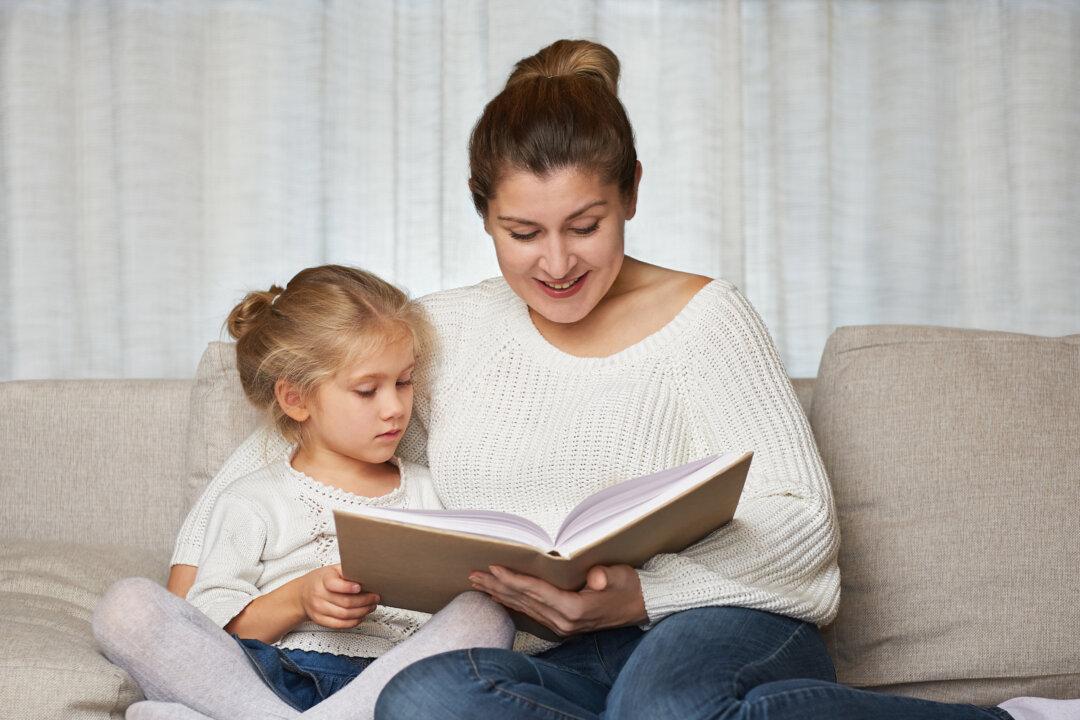Poetry puts us in touch with the wisdom of the past. One of those pieces of bygone wisdom is the importance of exposing children to good poetry. There was a time when every child studied and even memorized classic poems. It was an essential part of education.
Little William Shakespeare at the King’s New School in Stratford-Upon-Avon studied the poetry of the pillars of civilization, the Roman poets. Arguably, without that steeping in Virgil, Ovid, Horace, and the like, his own poetic genius would never have flowered.






